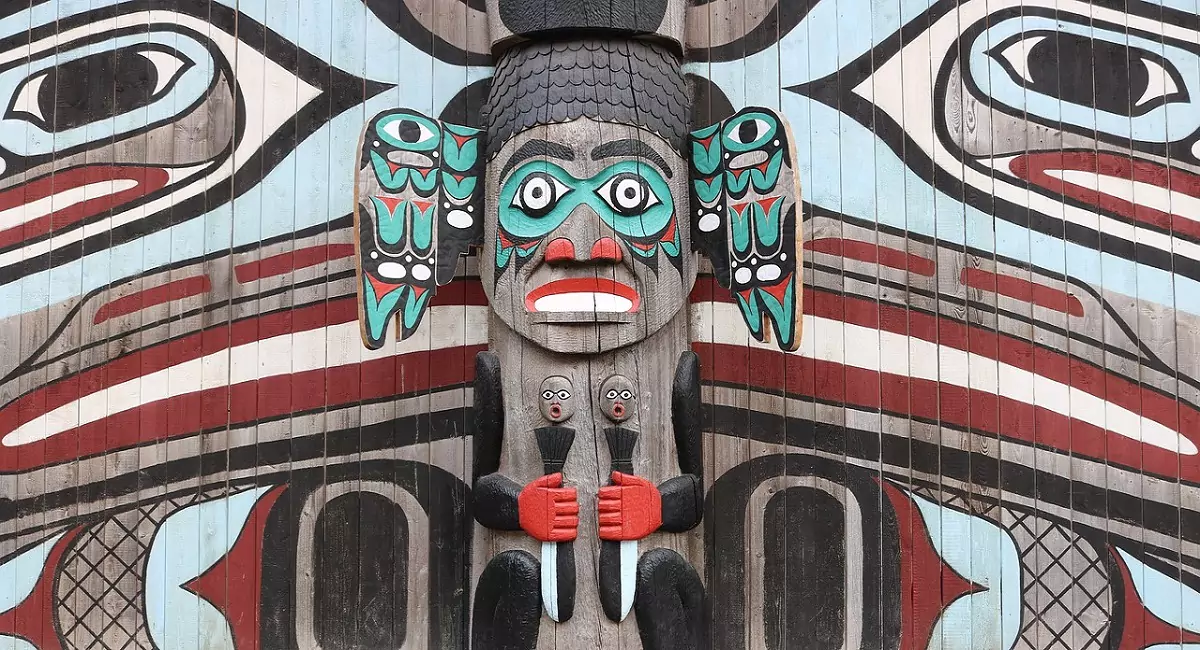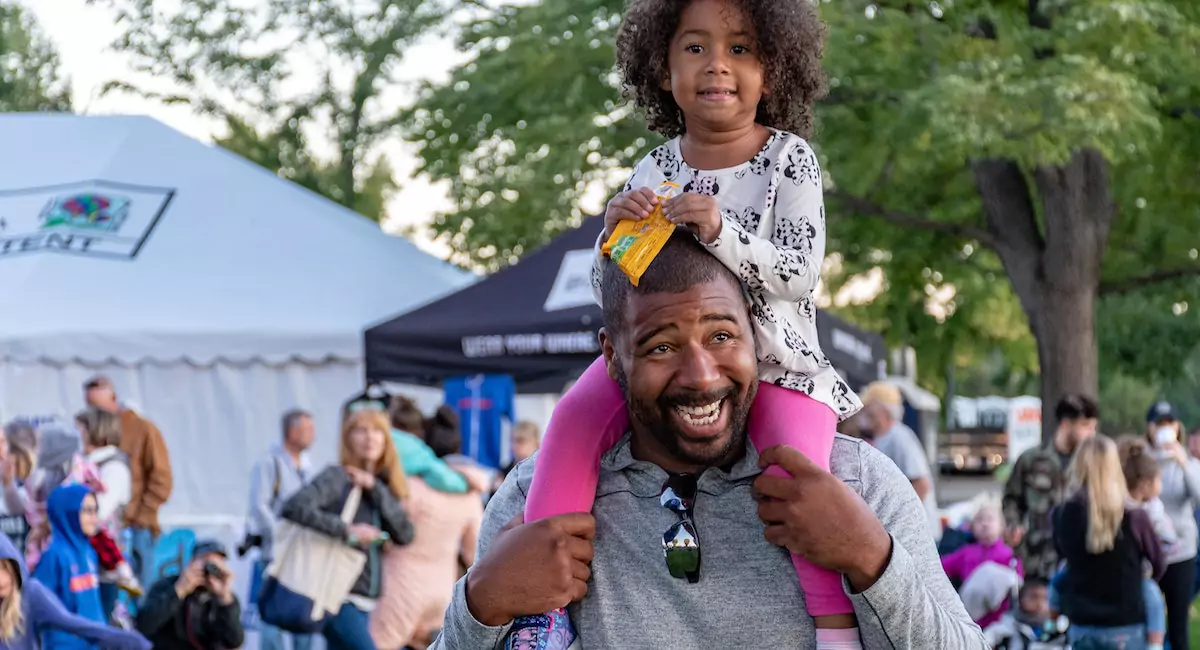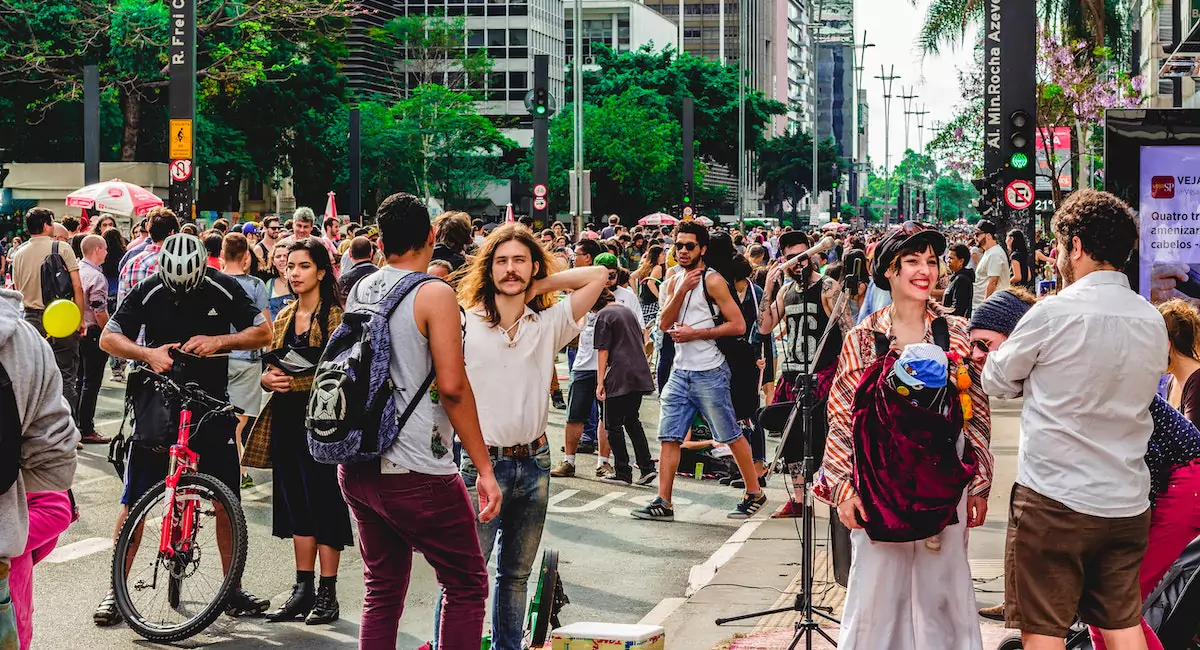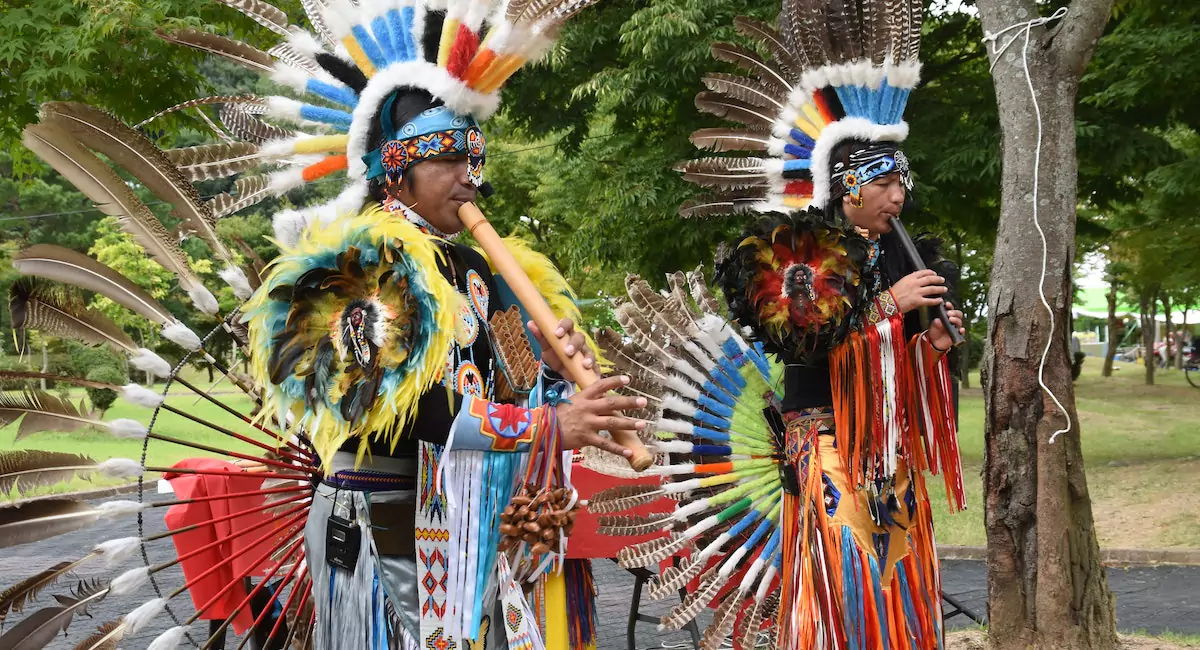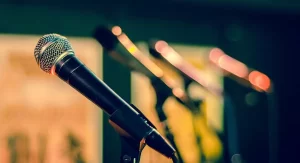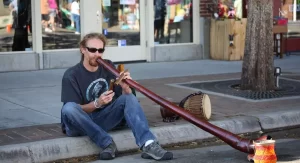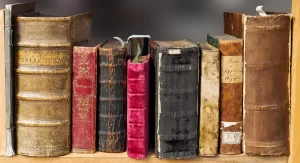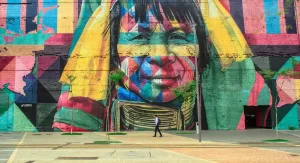Dynamic Multimedia
Festivals
Music
Writing
-
 22 /02/ 24 admin
22 /02/ 24 admin -
 20 /07/ 23 admin
20 /07/ 23 admin -
 19 /07/ 23 admin
19 /07/ 23 admin -
 17 /07/ 23 admin
17 /07/ 23 admin -
 14 /07/ 23 admin
14 /07/ 23 admin -
 11 /07/ 23 admin
11 /07/ 23 admin -
 09 /07/ 23 admin
09 /07/ 23 admin -
 05 /07/ 23 admin
05 /07/ 23 admin -
 01 /07/ 23 admin
01 /07/ 23 admin -
 28 /06/ 23 admin
28 /06/ 23 admin -
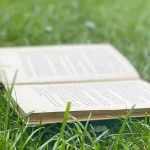 24 /06/ 23 admin
24 /06/ 23 admin -
 19 /06/ 23 admin
19 /06/ 23 admin -
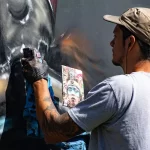 11 /06/ 23 admin
11 /06/ 23 admin -
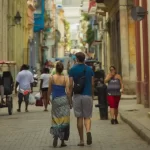 27 /05/ 23 admin
27 /05/ 23 admin -
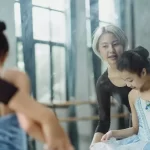 18 /05/ 23 admin
18 /05/ 23 admin -
 08 /05/ 23 admin
08 /05/ 23 admin -
 29 /04/ 23 admin
29 /04/ 23 admin -
 24 /04/ 23 admin
24 /04/ 23 admin -
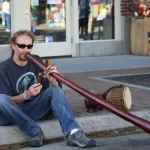 15 /04/ 23 admin
15 /04/ 23 admin -
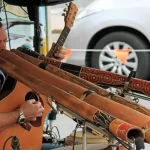 05 /04/ 23 admin
05 /04/ 23 admin
Popular Posts
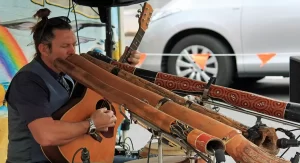
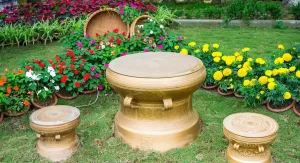
29 /04/ 23
admin
LATEST BLOGS

22 /02/ 24
admin


19 /07/ 23
admin

17 /07/ 23
admin
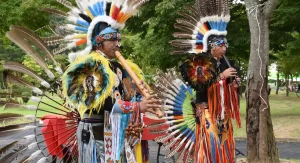
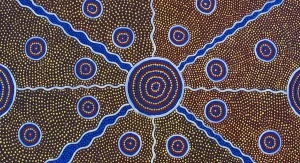
11 /07/ 23
admin
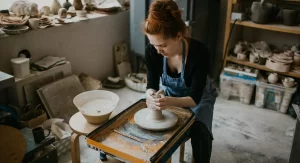
09 /07/ 23
admin


28 /06/ 23
admin

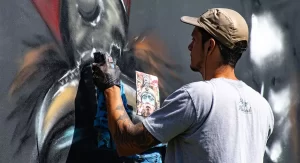
11 /06/ 23
admin
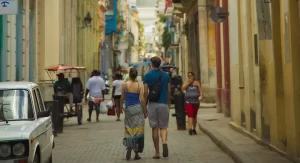
27 /05/ 23
admin
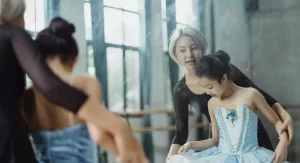
18 /05/ 23
admin

